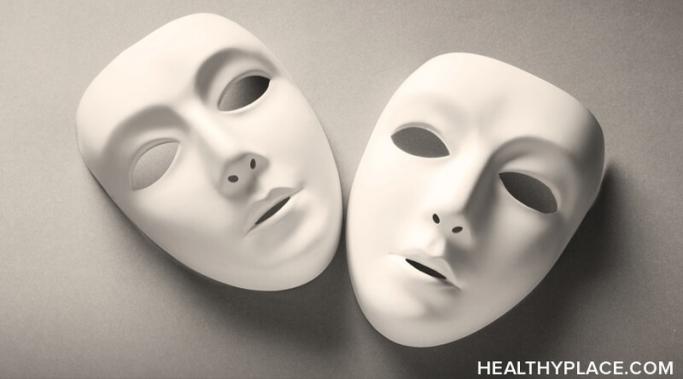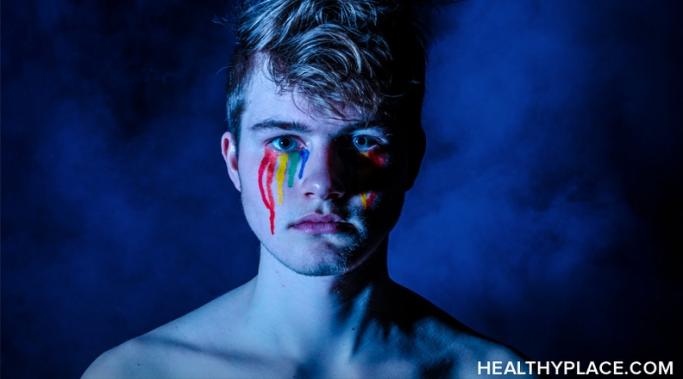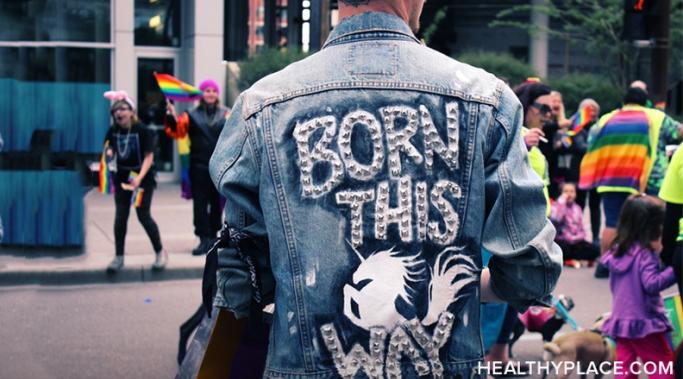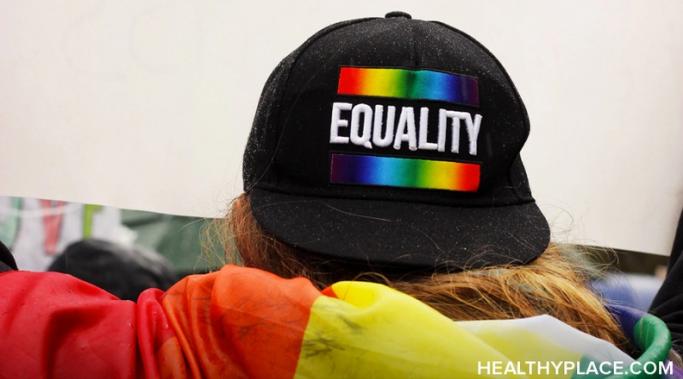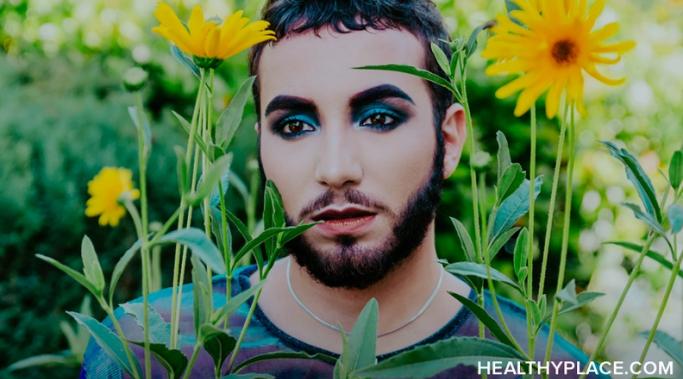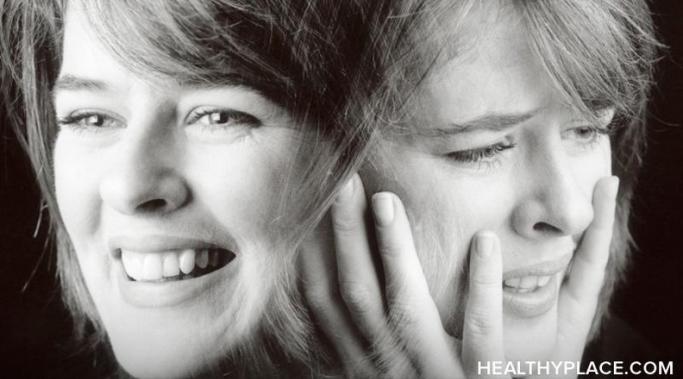The lesbian, gay, bisexual, transgender, queer, intersex, asexual, etc. (LGBTQIA+) community faces mental health challenges specific to their gender and sexuality. Transgender and non-binary individuals (TGNB) often experience mental health challenges such as increased acts of rejection or violence and microaggressions by mental health providers and the general public. These disparities could lead to TGNB individuals suffering from mental health concerns such as anxiety. Learning about those challenges faced by our TGNB specific community may help us check our biases at the door and provide allyship to these individuals.
The Life: LGBT
Sleeping with purpose has worked wonders regarding my nightmares associated with posttraumatic stress disorder (PTSD). I struggled for years to obtain restful sleep due to nightmares and flashbacks related to my PTSD. I learned that being present before sleep at night allowed my mind to rest emptily and instead of it being full of thoughts. Here are some ways that helped me, and hopefully will help you, in being active and present in my sleep or sleeping with purpose.
The lesbian, gay, bisexual, transgender, queer, intersex, asexual, etc. (LGBTQIA+) community faces barriers when searching for inclusive mental health care. These barriers can include uneducated providers, discrimination within a community practice setting, and financial hardships that limit provider options. Acknowledging that these barriers exist for the LGBTQIA+ mental health community is the first step in eradicating them.
I need grounding techniques because I carry a diagnosis of posttraumatic stress disorder (PTSD). This diagnosis has many symptoms that I have struggled to gain control of over the years, the most prevalent being my severe anxiety.
I have been hospitalized twice due to my erratic mental health. My gender expression of gender non-conforming (outward expression different from societal gender norms) was not taken seriously during these hospitalizations. I was subjected to uninformed mental health professionals and demeaning mistakes due to the lack of knowledge or respect for my gender non-conforming presentation. The lesbian, gay, bisexual, transgender, queer, intersex, asexual, etc. (LGBTQIA+) community deals with barriers to gender-affirming care regarding mental health and hospitalization often. These are just a couple of ways I was subjected to insensitive mental health care regarding my gender expression.
Gender identity in the lesbian, gay, bisexual, transgender, queer, intersex, asexual, etc. (LGBTQIA+) community is important when speaking about mental health. Society has made a habit of assigning gender based on assumptions relating to outward appearance and tone of voice. Mental health concerns can be tied together with gender identity, and it is important to respect an individual's chosen identity without our own biases getting in the way.
Pronoun usage in the lesbian, gay, bisexual, transgender, queer, intersex, asexual, etc. (LGBTQIA+) community is important when dealing with mental health concerns. Using proper pronouns when speaking to others about their mental health can provide a safe and comfortable space for them to release their emotions.
When offering help to those we know with mental health concerns, we must remember language is important. Our lesbian, gay, bisexual, transgender, queer, intersex, asexual, etc. (LGBTQIA+) community especially requires attention to language when speaking with them regarding mental health concerns. Providing space for our LGBTQIA+ community is essential in productive mental health care. We can help provide space using LGBTQIA+-inclusive language as well as being mindful of what we ask others.
My mental health caused me to visit a psychiatric hospital when I was 19 years old. I had never experienced hospitalization for my mental health, nor did I have adequate coping skills going in. In addition to my mental health deteriorating, I had just come out as a lesbian. I was searching to find my place in the lesbian, gay, bisexual, transgender, queer, intersex, asexual, etc. (LGBTQIA+) community. I found ways to cope once in the hospital, though. Read further to see what helped me cope during this dark time in my mental health past.
The new year ahead has caused me to reflect upon the major ways I advocated for my mental health needs to gain back stability; after all, the past year has been rough on my mental health. The year brought about new struggles for my anxiety and new lows in my depression. My posttraumatic stress disorder (PTSD) flared with the added trauma of the pandemic as well. These changes required me to reach out for help. I realized my mental health was affected by my lack of feeling comfortable regarding my treatment when reaching out for help and advocating for my mental health needs.
